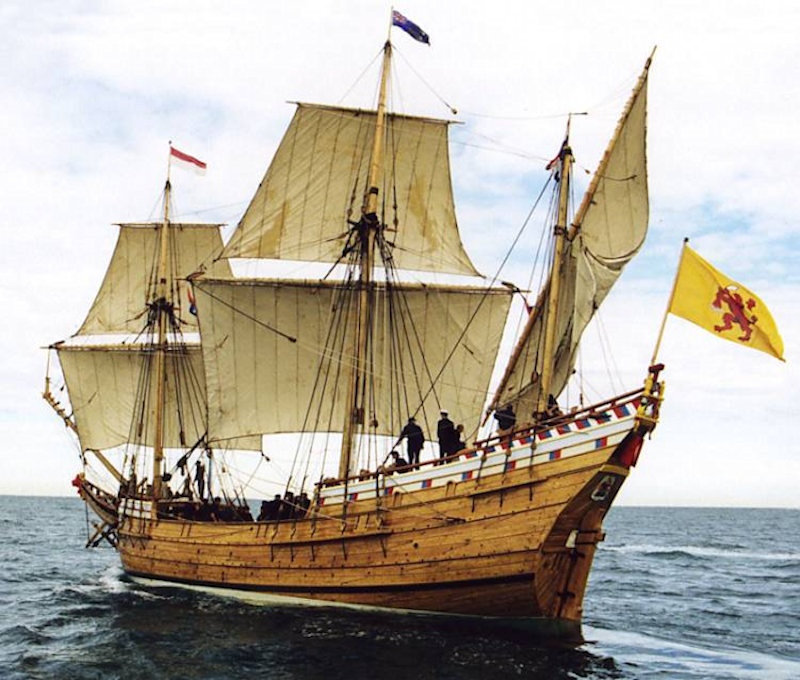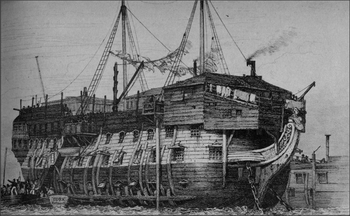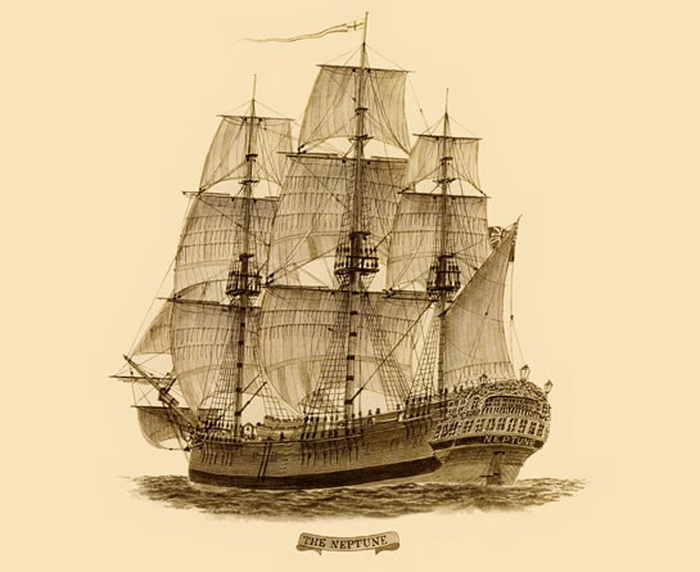Building A Nation With Forced Migration
The continent of Australia sat virtually undiscovered, unnoticed, and unclaimed, by the European powers until the 1600s, with Willem Janszoon, a Dutch navigator and colonial governor, making the first recorded European landing on the western side of Cape York peninsular in February, 1606. Spanish explorer, Luis Váez de Torres, sailed through the same area just a little while later.
The body of water between Australia and New Guinea, Torres Strait, is named in de Torres’ honor.
William Dampier, an English navigator, explorer and former pirate, explored parts of the West coast of Australia. Dampier was the first seaman to circumnavigate the globe three times.
In 1642, Abel Tasman, a Dutch explorer, sailed passed and sighted the west coast of Tasmania, naming it Van Diemen’s Land, before sailing on to New Zealand. Captain James Cook landed at Botany Bay on the East coast of Australia in April, 1770.

Cook’s landing came at an Opportune time for the British!
England transported convicts and political prisoners, as well as prisoners of war, to its overseas colonies in the Americas from the early 1600s until the American Revolution in 1776. Obviously transport to the American colonies was now impossible, so a new solution had to be found.
Transporting convicts to Australia served two purposes for the British, the first being that it eased the overcrowding of its prison system, and the second was that it helped to prevent other European powers from extending their own empires into the region.
In 1787, the First Fleet of 11 ships left Portsmouth in 1787 with more than 1480 men, women and children onboard. The prisoners were mostly from the British Isles, but there were also a number of African, American and French convicts among them. The voyage took around three months, arriving at Botany Bay on Australia’s East coast on January 24th, 1788.

Judging the past through modern eyes is always risky. Transportation was considered the more humane option to capital punishment. By the 1770s there were 222 crimes in Britain which carried the death penalty, most of which were against property. While there were watchmen in most parishes, there was no police force as we know them today in the major cities. Coupled with severe over crowding and cheap alcohol, the nation was faced with a worsening social problem.
The Industrial Revolution, and the displacement that it brought, also led to an increase in petty crime, and the over crowding of prison hulks (usually ex-naval vessels which were converted for this purpose) which were used to house prisoners.
How does it feel to be descended from convicts? I don’t know about anyone else, but it hasn’t affected who I am (just keep an eye on your wallet…), as I happen to live in freedom in one of the most prosperous countries on the planet. I am able to trace my ancestry back as far as the 2nd Fleet (arrived in Sydney in 1789) as well as a few others that came in following years.
Quite simply, I’m not responsible for the choices that people made hundreds of years ago, and neither is anyone else that’s alive today. My heritage is a mix of nationalities, free settler and convict, good and bad. As a means of populating a nation, using convict migrants appears to have worked. Other events such as the discovery of gold in the 19th century brought waves of new settlers. From the late 1940s assisted migration was used to build infrastructure and to increase the population, drawing migrants from Europe after the destruction of World War 2.

